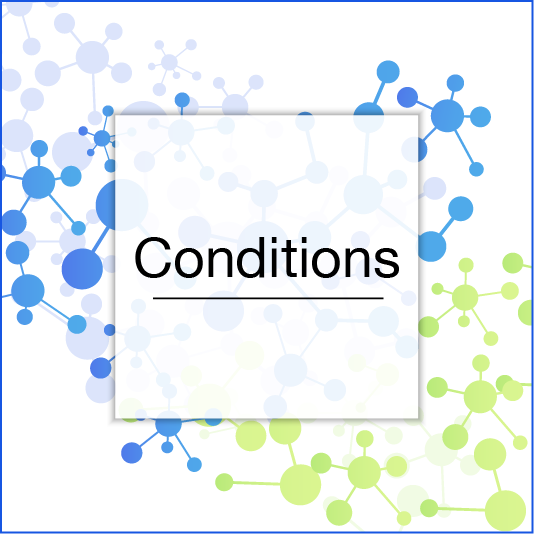
Allergic rhinitis is the most common allergic respiratory disease among children and adults. Its prominence in our country is 2-37% among children and 8-30% among adults. Although it may occur at any age, initial symptoms usually appear during childhood and early adulthood. During the past 10 years, however, prominence of allergic rhinitis has been increasing gradually. Patients suffering from allergic rhinitis may exhibit the following symptoms:
Untreated patients may suffer from the following:
Antihistaminic drugs and nasal sprays containing cortisone are the most common medication used to treat allergic rhinitis. As cortisone in sprays is only applied on the nasal area, it triggers almost no side effects. This makes using nasal sprays safely for prolonged periods of time possible. In addition to medication, vaccination therapy (immunotherapy with allergen) is another proven mode of treatment. Allergen immunotherapy should be practiced on eligible patients only by allergy specialists. Patients may consult physicians who follow their cases to gain further information on protection against allergens and determine the mode of treatment suitable for severity of their conditions.